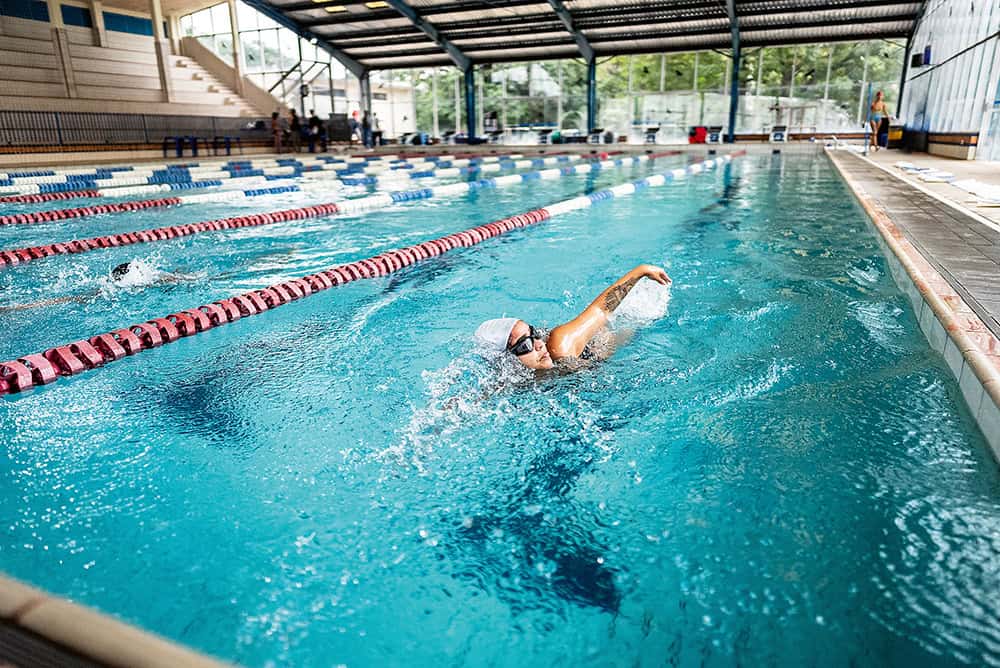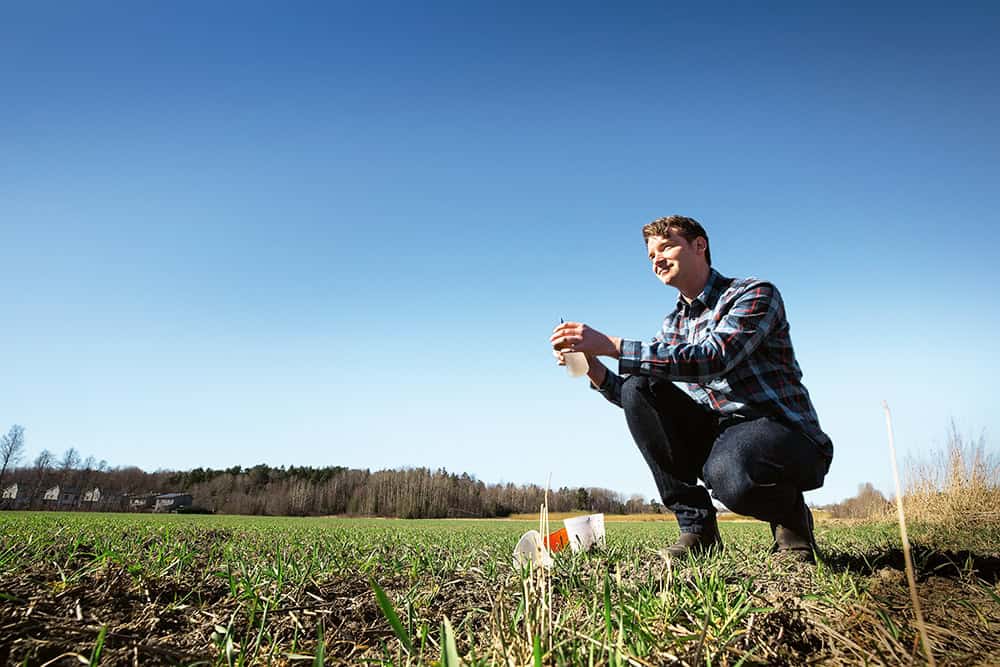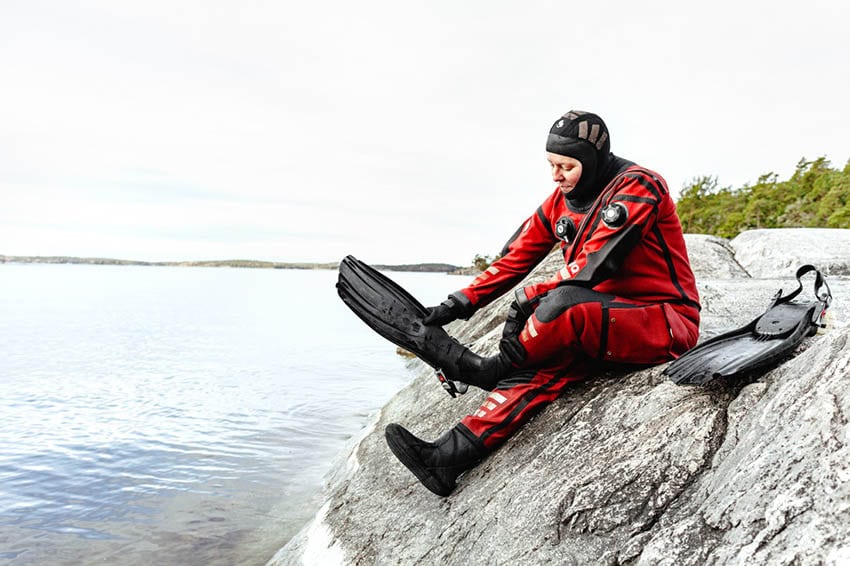
“Things are definitely more difficult for us now. This is not unique to Sweden; it is a problem in all countries.In fact, one advantage in Sweden is that they did not freeze recruitment. In many countries they have stopped hiring researchers,” says Mathew Tata, a postdoctoral researcher at Karolinska Institutet and Chair of the Swedish Network of Postdoc Associations, SNPA.
In June 2020 SNPA conducted a survey which was completed by over 400 postdocs. It showed that many had been able to continue their work reasonably well, albeit under changed circumstances. The general feeling reflected in the survey results was that society’s efforts in the face of covid-19 had failed, but that the support coming from higher education institutions, and especially from supervisors, was good.
Concerns about the future
In its survey conclusions, SNPA believes that the major problems for postdocs are future funding and future careers.
“Many postdocs are stressed and worried about the future,” says Tata, “as it is unclear how financiers and recruitment committees will evaluate researchers’ productivity during the pandemic period. This issue is particularly relevant for postdocs, as they are usually employed on short-term contracts of two years or less. This means that even a few months’ delay in their work can be critical.”
But Tata believes that we are over the worst, and that although postdocs lost months of research time during the first chaotic period of the pandemic last year – March, April and May – they have now found ways of working that enable them to continue.
“There were three main problems,” he explains. “Researchers often cannot carry out their research continuously from home. Although researchers could go to their workplaces, it was often unclear from the universities last spring what rules applied and how the work environment would be made safe. The third problem, which is very important, is the question of how to work from home if you are a parent.”
Scholarship holders forced to leave Sweden
At the end of the survey, there was space for additional comments. Several researchers wrote that because they had scholarships, they were not eligible for unemployment insurance and had to return to their home country when their research project stalled. They could not support themselves in Sweden without unemployment benefit.
What can be done to make things easier for postdocs?
“Researchers need the time it takes to carry out research projects, and they need to be paid so they can survive,” says Tata. “The best solution would be to offer a paid extension to those postdoc projects that have been most badly affected. Looking ahead, the universities need to have robust policies and to be constructive. If we have a consensus between institutions and staff, we can find solutions for research and which ensure that people can be kept safe from infection.”

Katharina Herzog, a postdoctoral researcher at Karolinska Institutet and Chair of the National Junior Faculty, says that she has managed quite well herself.
“I can work from home, mainly with computer work, and do not have to go to a lab. My department and my boss also provide good support. I am one of the lucky ones who can still work, but also in my case it gets more complicated with things that are important for my career, such as going to conferences and getting articles published.”
Through the National Junior Faculty, she has contact with many others who have been hit harder.
“The ones who suffer most, as always, are those on scholarships,” says Herzog.
Last spring, Universitetsläraren revealed that at least 20 percent of postdocs in Sweden are on scholarships rather than being employed.
What will happen if the pandemic goes on for another six months?
“We are now entering the critical stage,” says Herzog, “because we are approaching a full year of pandemic. Time is short for postdocs, and now that the pandemic has lasted almost a year, I think everyone has experienced delays. I believe that many postdoc contracts will expire in the next few months, and if those people do not get an extension, I think it will be very difficult for them to find another employed position.”
Financiers trying to be flexible
According to two funding bodies that Universitetsläraren has spoken to, postdocs have so far been using a variety of strategies to navigate the difficulties, but if the pandemic continues, the picture may become completely different.
Forte, the Swedish Research Council for Health, Working Life and Welfare, provides grants both to outbound and incoming postdocs. In a survey, Forte has received answers from 13 international postdocs. Of the six outbound postdocs, one thinks the research project can both start and finish on time, whereas four have postponed their period abroad and one has postponed the entire project.
Of the seven incoming postdocs, two were already in Sweden, one is travelling according to plan, two have postponed their projects and two believe they will finish as planned.
“Our grants are designed with two years of project funding and one year of planning time in mind,” says Dag Hervieu, a research officer at Forte. “The postdocs thus have three years in practice to do two years of project studies.”
The situation changed when the second wave of the pandemic struck towards the end of last year.
“Hopefully, people will be able to travel fairly freely, say in September this year, and by then several of the projects will probably have been delayed to varying degrees,” says Herviu. “The whole research world is a bit upside down right now, but it is the postdocs I feel most sorry for. They are just setting out on their careers. We at Forte are fully aware that some people would like an extended project period. They are losing a lot of time, so I think that we financiers should be flexible so that there are as few harmful effects as possible.”
“Had to change project plans”
Vetenskapsrådet, the Swedish Research Council, only provides grants to outbound postdocs and has noted that many have been forced to postpone their projects.

Foto: Johanna Hanno
“Very many have had to change their project plans,” says Stefan Svallfors, the Council’s Secretary General for Humanities and Social Sciences. “Some people need to find other foreign universities that are easier to get to. They often have to spend part of their stay abroad digitally, where they attend seminars and courses at their foreign host university but without leaving Sweden. In some cases, it has been necessary to postpone field work and the like. And it is clear that all this causes problems.”
The Swedish Research Council finances approximately 240 outgoing postdoctoral researchers per year.
“I’d say that ten per cent of them have submitted alternative proposals for their postdoc period,” he says. “So far, there are probably many who have been thinking that they will delay their period abroad a little and there is no need to contact the Council. But now, at the beginning of the new year, there will probably be more project change requests. We understand that these people are in a difficult situation, and we are very generous when it comes to accepting changes to plans.”
Many of the changes are based on the assumption that the pandemic will ease later in the year.
“If we don’t return to a more normal situation, there will be huge problems. Above all, it will be very difficult for postdocs who have to go out and have some form of direct contact with those they are supposed to be studying,” says Svallfors.

















